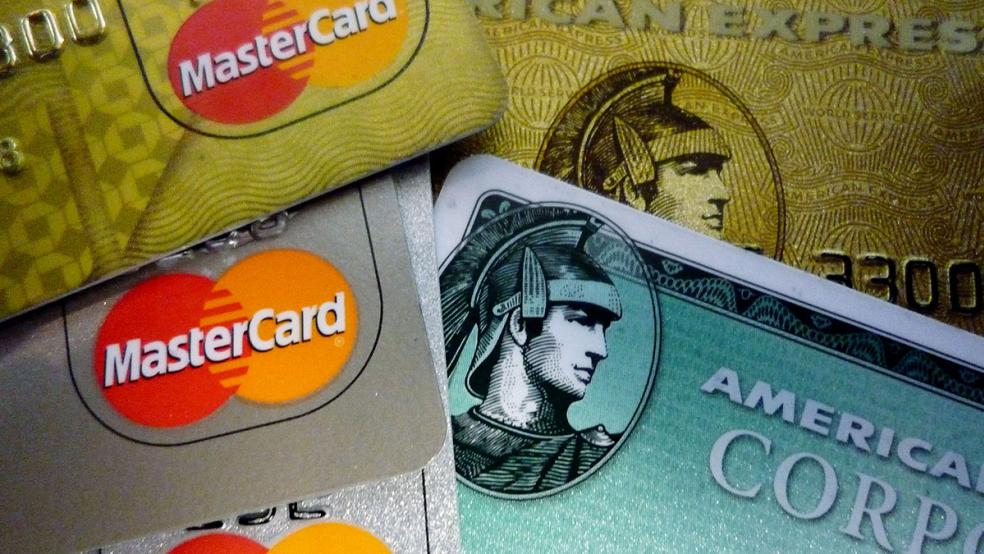Americans have been piling on debt lately through credit cards, personal loans and car loans.
Total balances for credit cards increased 6.4 percent in the first quarter, the largest gain in more than six years, according to a new TransUnion report. The total balances for unsecured personal loans grew 30 percent year over year, while auto loan balances rose 10.5 percent.
The report echoes last week’s data from the Federal Reserve that showed outstanding consumer credit — non-real estate debt — grew 10 percent in March, the biggest increase since November 2001. Revolving credit outstanding, largely credit cards, jumped 14 percent year-over-year, the fastest pace since July 2000.
Related: Credit Card Debt Is Soaring Again – Here’s How Much We Owe
Along with rising balances, TransUnion also found that delinquency rates ticked higher in the first quarter. Auto loans that were 60 or more days past due recorded 1.12 percent, marking the first time it has topped 1 percent in the first quarter since 2011. Serious credit card delinquency rates — 90 or more days late — rose to 1.47 percent, the highest level for the first quarter since 2013.
But don’t hit the panic button yet.
Part of the bigger credit card balances could simply be increasing prices, says Chris Christopher, director of U.S. and global consumer economics at IHS Global Insight. Prices for goods and gas — which often are paid for by credit card at the pump — have been on the rise this year, he notes. Also, the rise in balances come as Americans are saving more, not less, he says. The personal savings rate was 5.4 percent in March, up a half-percentage point versus last year.
“We don’t think this is a dangerous situation,” he says. “If people were saving less and using credit cards more, then I would be concerned.”
Related: Why Credit Card Companies Are Giving Money Away – and How to Get Some
Delinquency rates also remain relatively low. For example, the credit card delinquency rate was almost three times higher coming out of the recession, says Paul Siegfried, the credit card business leader for TransUnion. A modest rise in delinquencies is also expected as lenders offer credit to more people with so-so to poor credit, he says.
On personal loans, the delinquency rate has stayed stable, reflecting a steadier employment environment and rising wages, says Jason Laky, the automotive and consumer lending business leader for TransUnion. He also noted that borrowers with good to excellent credit are the ones taking on more and bigger personal loans.
There is one big exception, though. TransUnion found that people in states with economies that are largely dependent on the energy industry — such as North Dakota, Texas and Oklahoma — are struggling. For instance, 90-day-past-due delinquency rates on credit cards increased 6.9 percent on average in the U.S. But in energy states, that growth was considerably higher, ranging from 12 percent to 15 percent. Auto loan delinquencies in those states also experienced significant increases compared to the national average.





